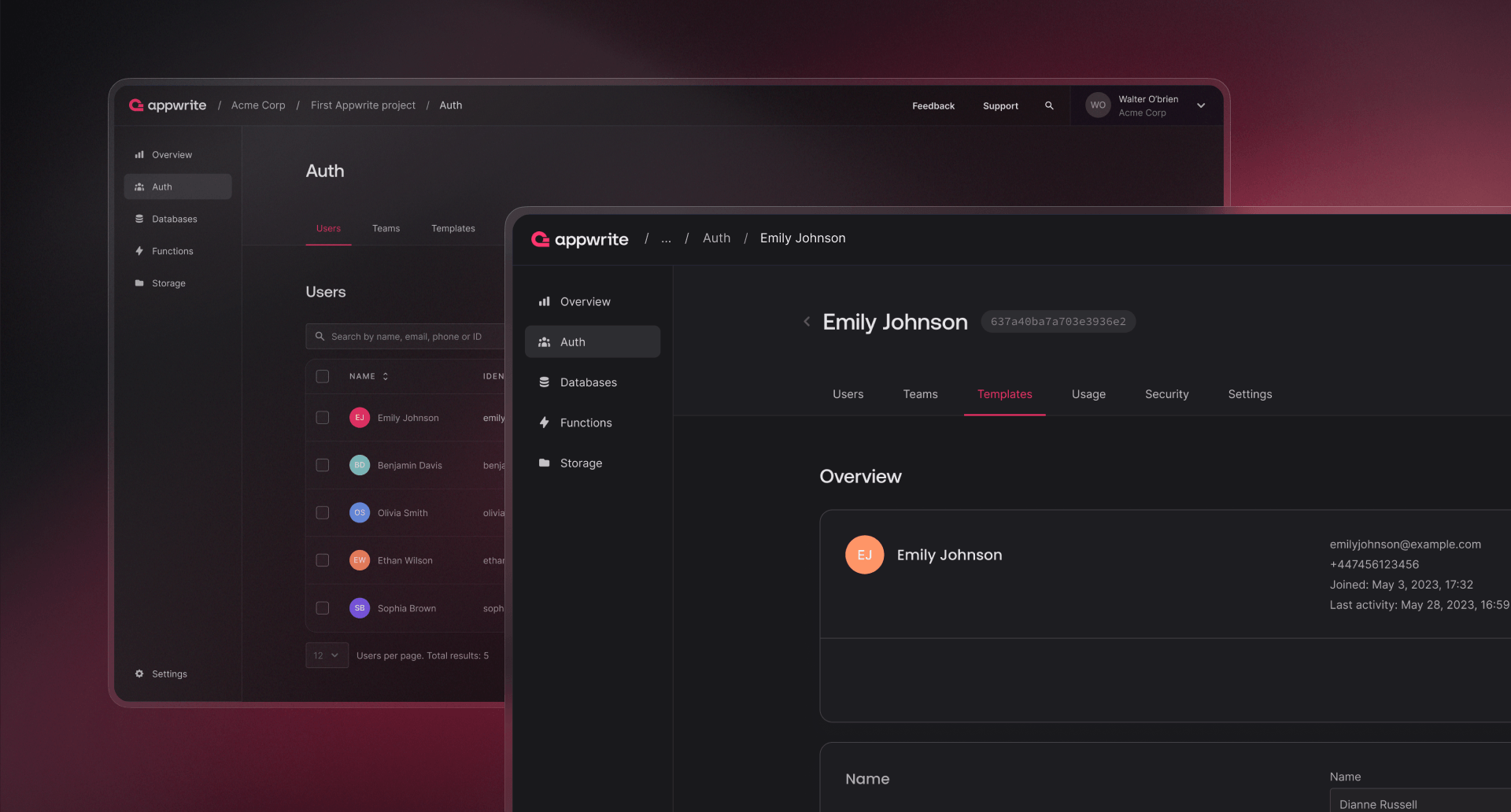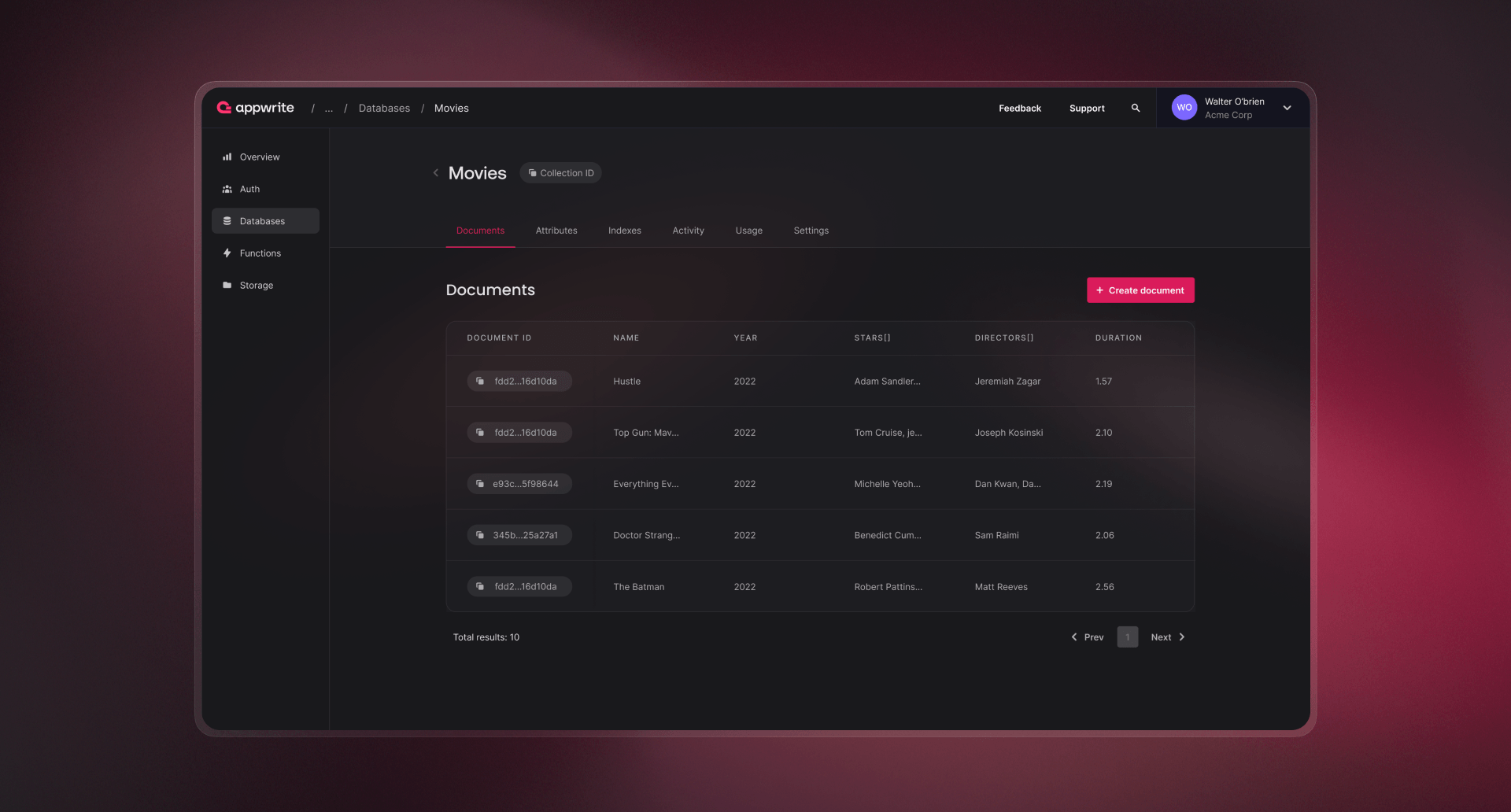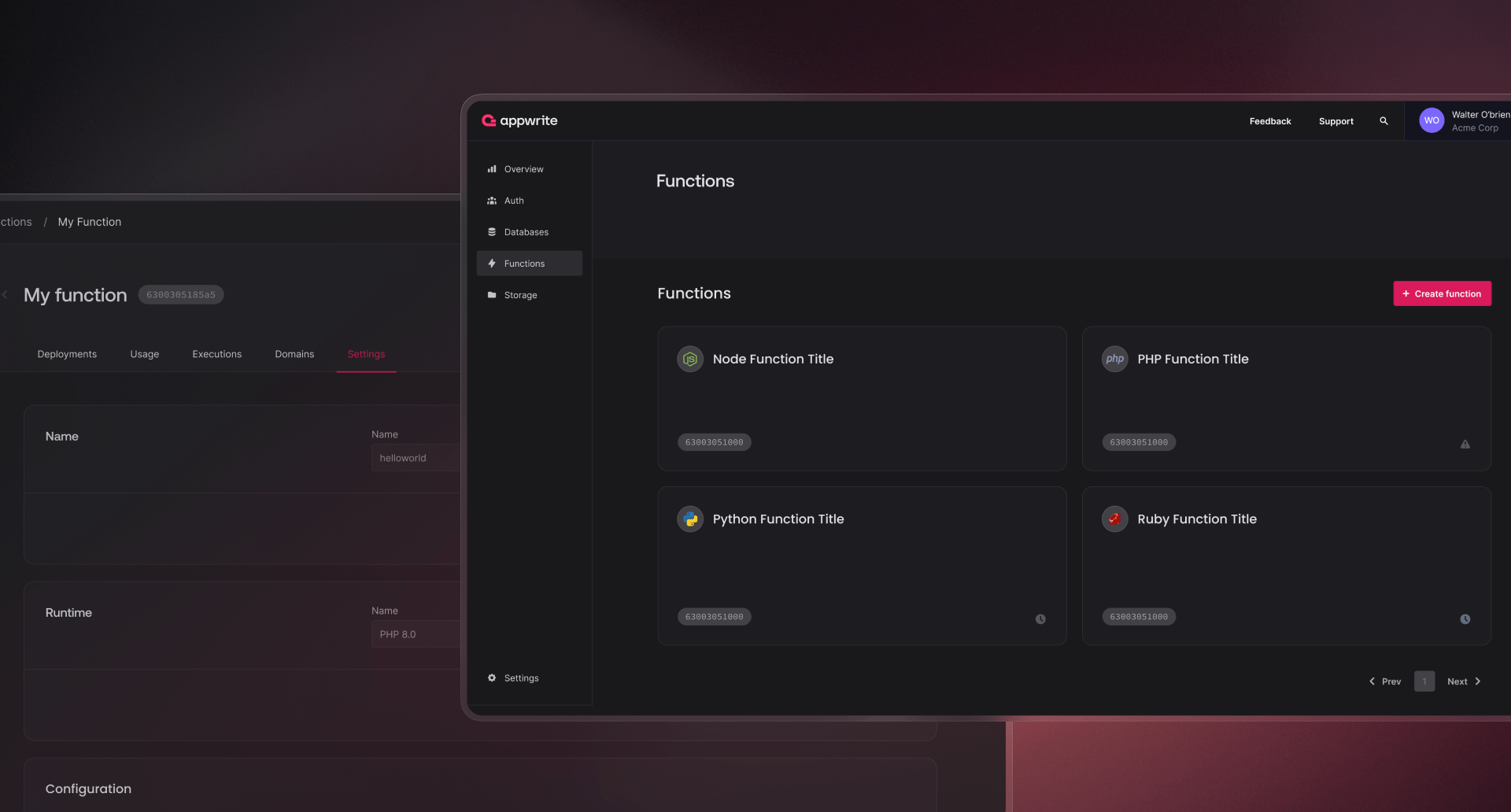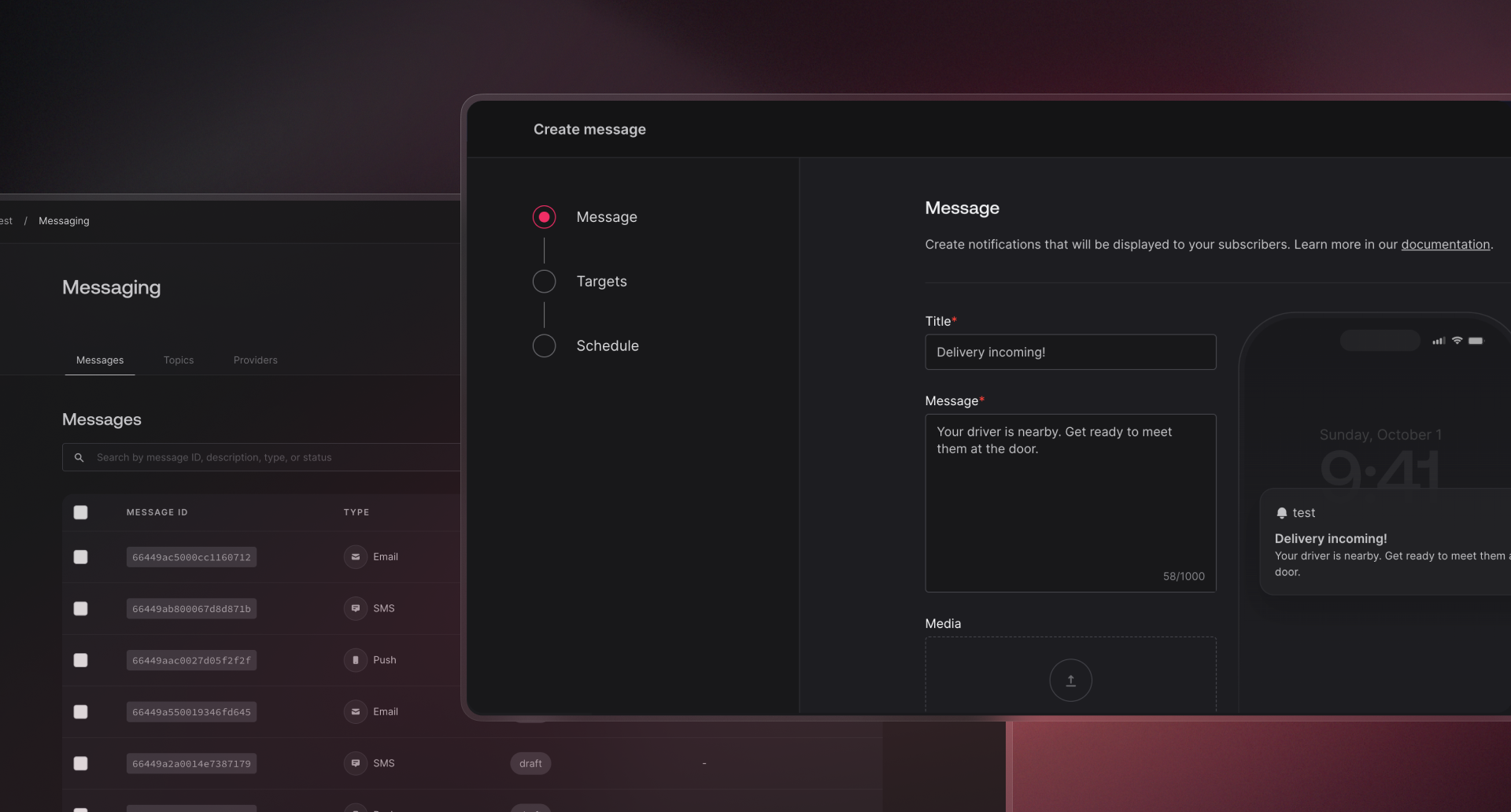Ever spent a week building user registration? Or lost three days debugging file uploads? Appwrite exists so you don't have to do that shit again. It's an open-source backend that handles auth, databases, and file storage so you can focus on the features users actually care about.
Started by Eldad Fux, with thousands of GitHub stars from developers who got sick of rebuilding auth systems for the 47th time. Appwrite runs as separate Docker containers - one for auth, one for storage, etc. That means when auth shits the bed at 3am, your file uploads keep working. Unlike monoliths where one bug kills everything.
Why Docker Containers Don't Suck Here
Most Docker setups are memory hogs that eat your laptop alive. Appwrite's separate containers actually make sense - each service (auth, database, storage) runs independently. When your database query times out, your file uploads keep working. When someone DDoSes your API, user sessions stay active.
You get REST APIs, WebSockets for real-time, and GraphQL endpoints - whatever you already know. No need to learn their special snowflake query language like Firebase's Firestore rules.
The "Do I Host This Myself?" Decision
Appwrite Cloud: They handle servers, updates, and 3am outages. Went GA in January 2024, scales automatically with edge nodes worldwide. Perfect if you don't want to be on-call for your auth service.
Self-Hosted: The open-source version stays free forever. Your data, your server, your rules. Great for compliance nerds or anyone burned by Firebase pricing surprises. Expect ~4GB RAM usage minimum - don't try running this on a $5 DigitalOcean droplet.
What Actually Works
The web console is actually usable. You can see your users, manage database collections, and debug function crashes without digging through logs. The SDKs cover 20+ languages - from JavaScript and Python to Dart and Swift. Real-time subscriptions work out of the box for chat apps and live dashboards.
Security is built-in with GDPR compliance, proper encryption, and role-based permissions. The Discord community actually helps instead of telling you to "read the docs".
What Breaks and What Doesn't
Docker networking will eat your weekend if you've never done container orchestration. Function cold starts are slow for infrequent requests. The free tier is generous until you hit bandwidth limits, then costs scale up fast.
But the documentation is readable, unlike most BaaS providers. Companies report significant development time savings after switching from Firebase - mainly because you're not debugging auth flows for the 47th time.
Recent Appwrite updates added better performance monitoring and improved function deployment. It's becoming a legitimate Firebase alternative without the vendor lock-in anxiety.




